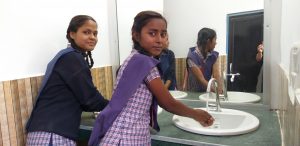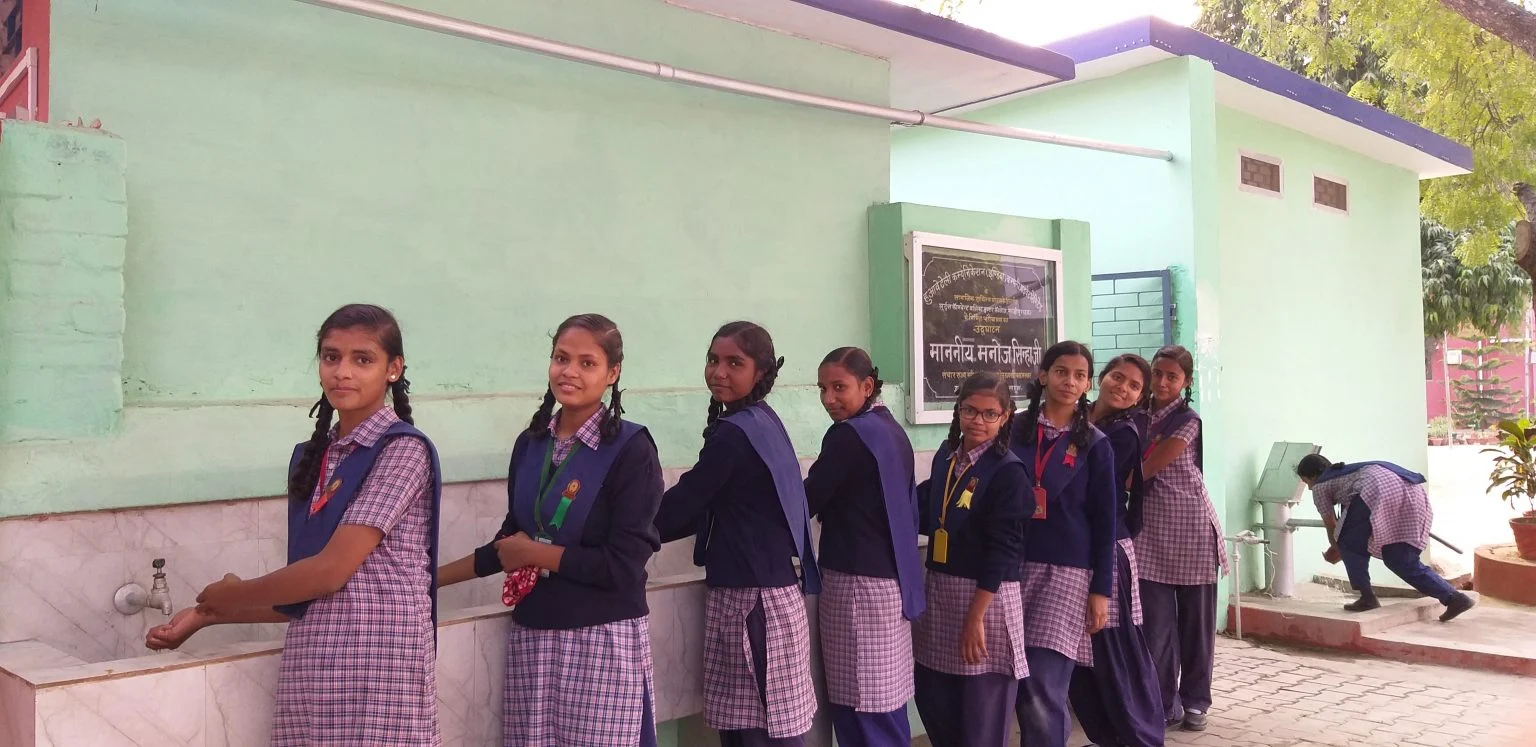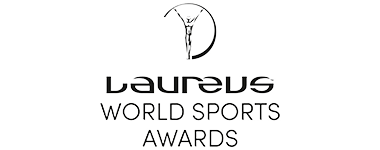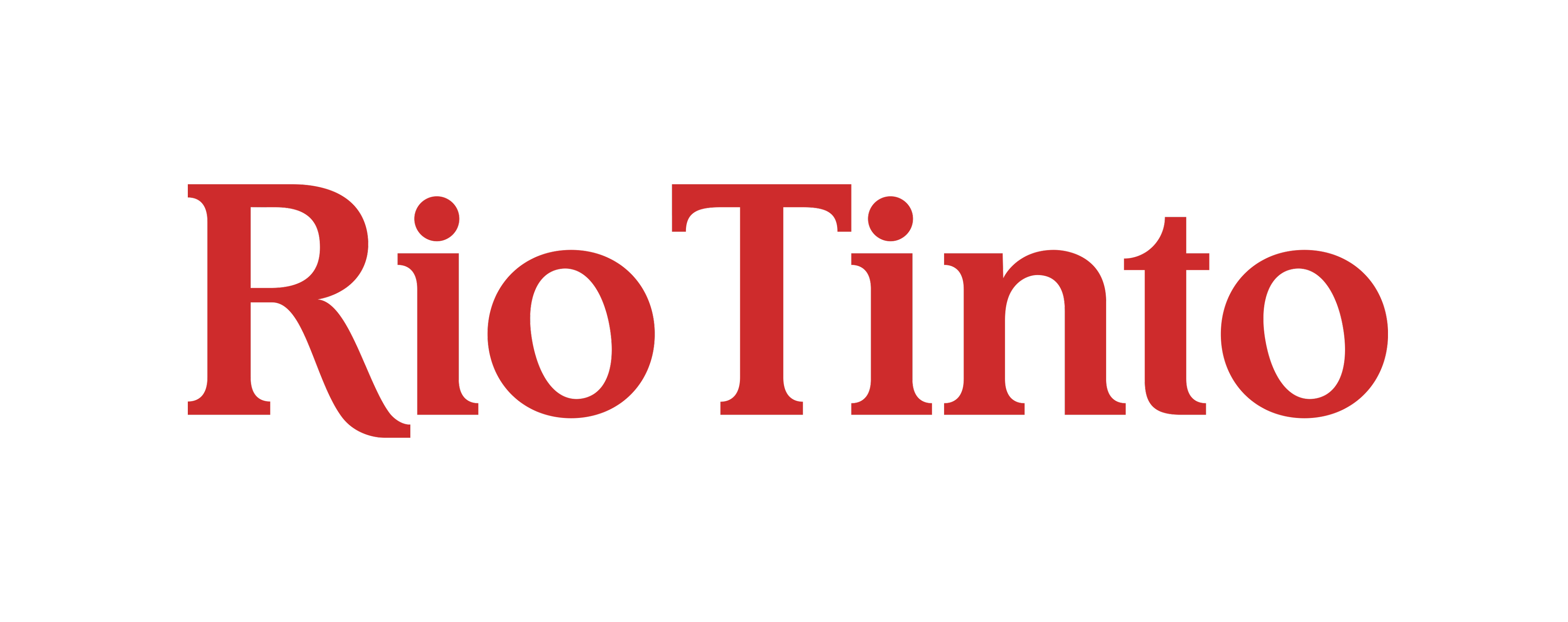The outbreak of coronavirus disease (COVID-19) has been declared a Public Health Emergency of International Concern (PHEIC) and the virus has now spread to many countries and territories. While a lot is still unknown about the virus that causes COVID-19, we do know that it is transmitted through direct contact with respiratory droplets of an infected person (generated through coughing and sneezing) Individuals can also be infected from touching surfaces contaminated with the virus and touching their face (e.g., eyes, nose, mouth).The outbreak of coronavirus disease (COVID-19) has been declared a Public Health Emergency of International Concern (PHEIC) and the virus has now spread to many countries and territories. While a lot is still unknown about the virus that causes COVID-19, we do know that it is transmitted through direct contact with respiratory droplets of an infected person (generated through coughing and sneezing) Individuals can also be infected from touching surfaces contaminated with the virus and touching their face (e.g., eyes, nose, mouth).
With the number of people infected with coronavirus increasing around the world on a daily basis, the World Health Organization (WHO) has recommended washing hands regularly and thoroughly. Good hand hygiene can limit the spread of the virus.
Wash your hands often with soap and water for at least 20 seconds especially after you have been in a public place, or after blowing your nose, coughing, or sneezing. If soap and water are not readily available, use a hand sanitizer that contains at least 60 percent alcohol. It is important that communities take action to prevent further transmission, reduce the impacts of the outbreak and support control measures.

The World Health Organization (WHO) in 2013 attributed a total of 297,000 deaths to poor handwashing, mostly from low-income countries. A recent body of work has revealed several reasons for poor hand washing- from the availability of basic infrastructures such as washbasins, soaps, and water, to low awareness on handwashing practices or simple unwillingness of to wash hands after critical times
As per the UNICEF report, handwashing with soap, when done correctly, is critical in the fight against the novel coronavirus disease (COVID-19), but millions of people have no ready access to a place to wash their hands. In total, only three out of five people worldwide have basic handwashing facilities, according to the latest data.
Handwashing can be a critical measure in controlling pandemic outbreaks of respiratory infections. Several studies carried out during the 2006 outbreak of severe acute respiratory syndrome (SARS) suggest that washing hands more than 10 times a day can cut the spread of the respiratory virus by 55 per cent.
OneStage in response to the COVID -19 Coronavirus outbreak initiated Prevention and precaution drive, where along with awareness drives, hygiene kits will be provided to vulnerable communities of India. The most important factor in preventing the spread of the Virus locally is to empower the citizens with the right information. While almost all households in India (as high as 97 percent according to National Family Health Survey 4 – 2015-16) have washbasins, only richer and more educated households in urban areas use soap to wash hands. The gap between rich and poor households is huge – only two out of 10 poor households use soap compared to nine out of ten rich households.
The provision of safe water, sanitation and adequate hygiene is essential to protecting human health during this infectious disease outbreak. It’s challenging to conserve water with its limited availability and practicing good hand hygiene to combat COVID-19 simultaneously.
Government of India is taking all necessary steps to ensure that we are prepared well to face the challenge and threat posed by the growing pandemic of COVID 19. Washing hands with soap before eating and after using the toilet into a regular habit can save more lives than any single vaccine or medical intervention. It is one of the cheapest, most effective things you can do to protect yourself and others against coronavirus, as well as many other infectious diseases.
We can’t necessarily control what we touch. We can’t control who else touched it before us. But we can look after your own hands. Washing hands with soap and water — is a far more powerful weapon against germs than many of us realise. FacebookTwitterEmailShare
Search
Categories
Recent Posts
- A brief visit to a project site in Gurugram
- How was OneStage born?
- ‘The plight of people moved me, and the heroic efforts of frontline workers inspired me to support COVID Relief work’
- 7 ways to take care of your Mental Health during the pandemic
- 5 things you must keep in mind before forwarding information on COVID












.png)

.png)

